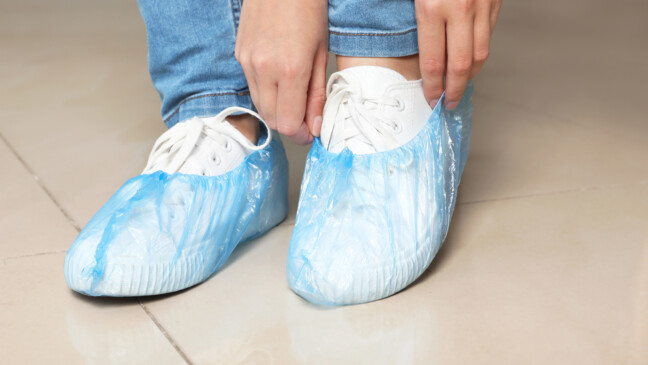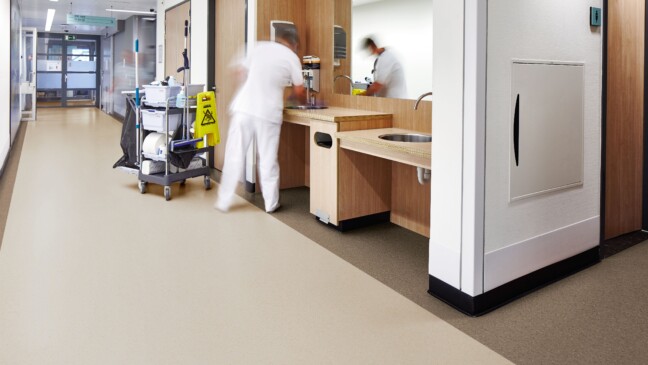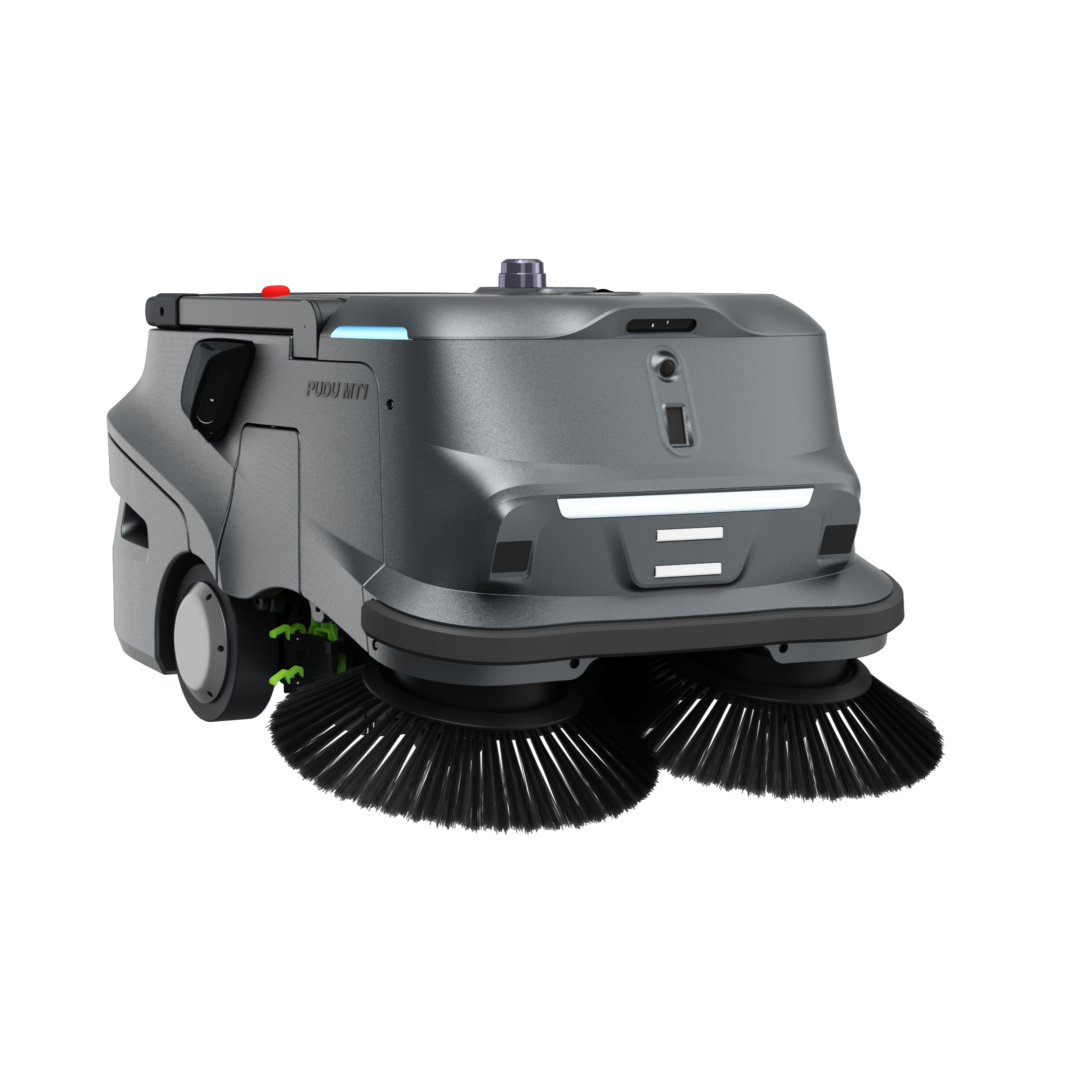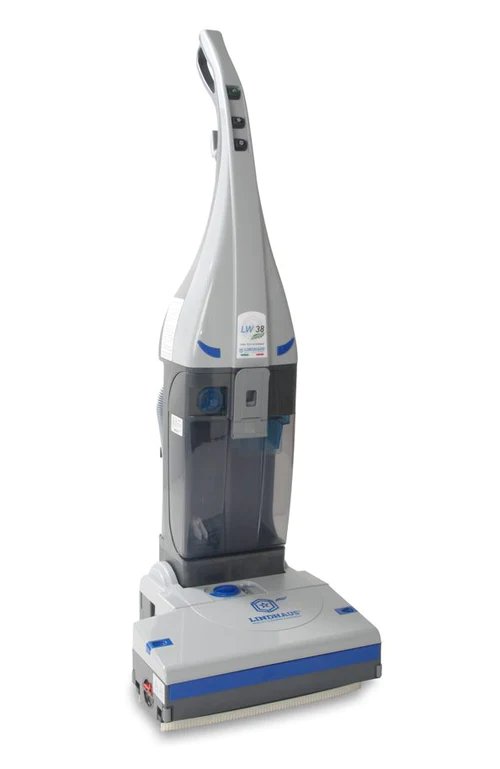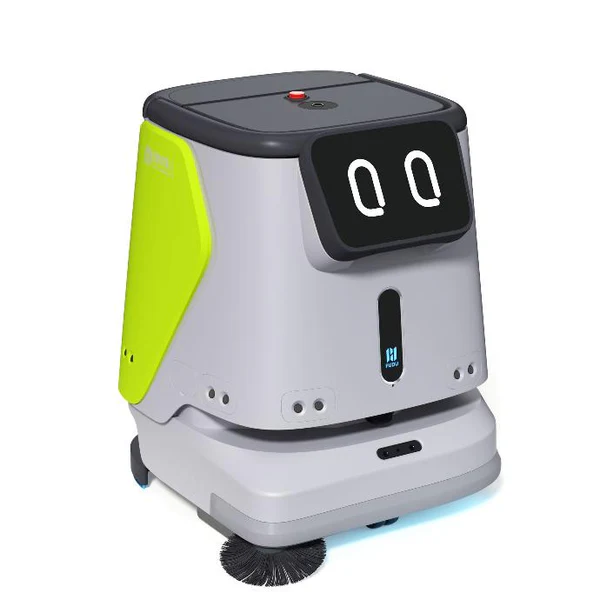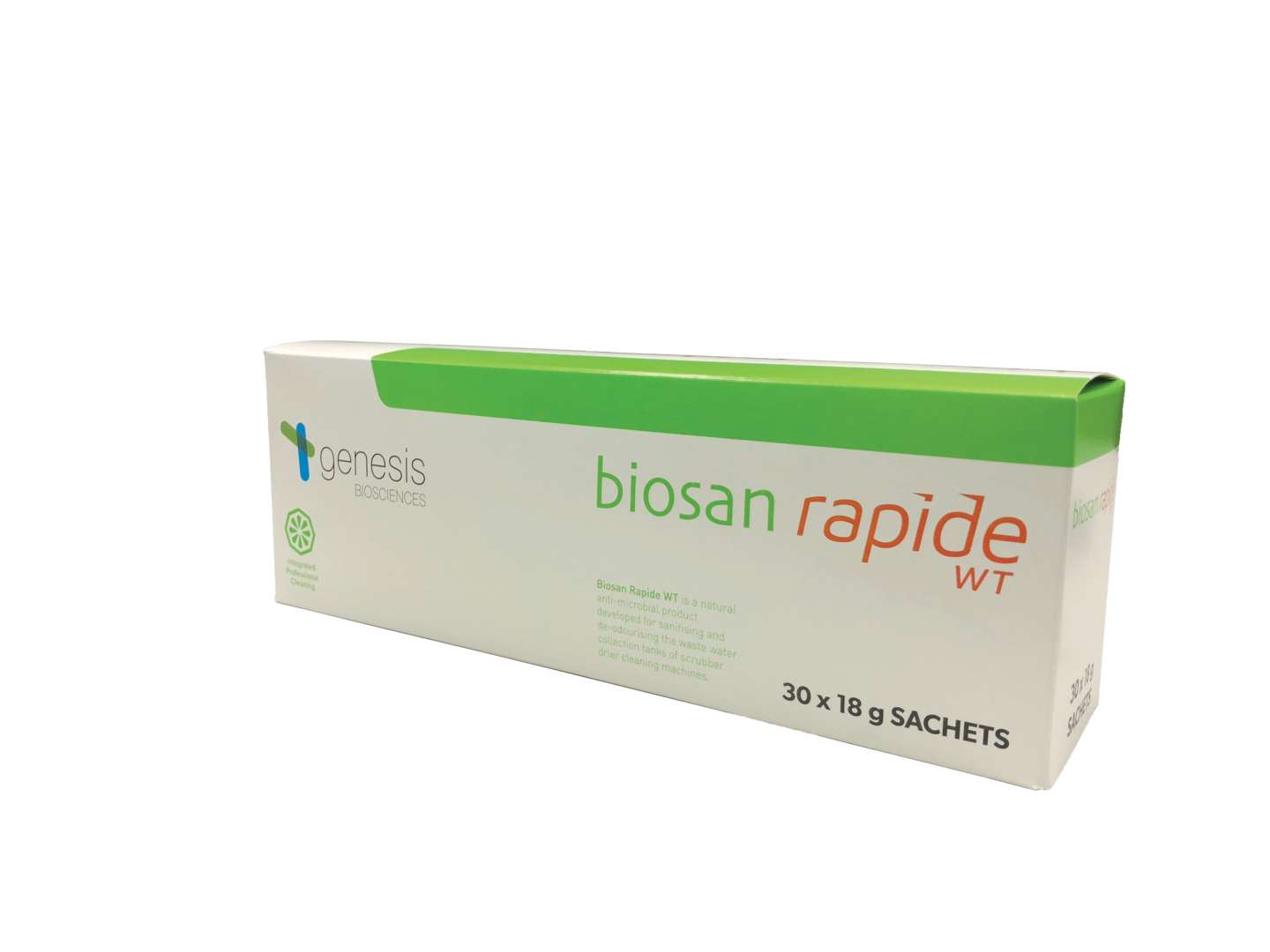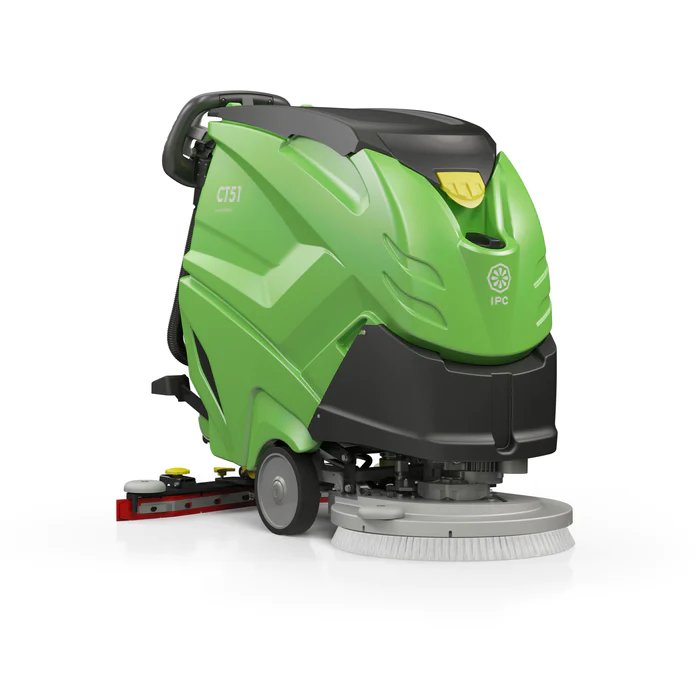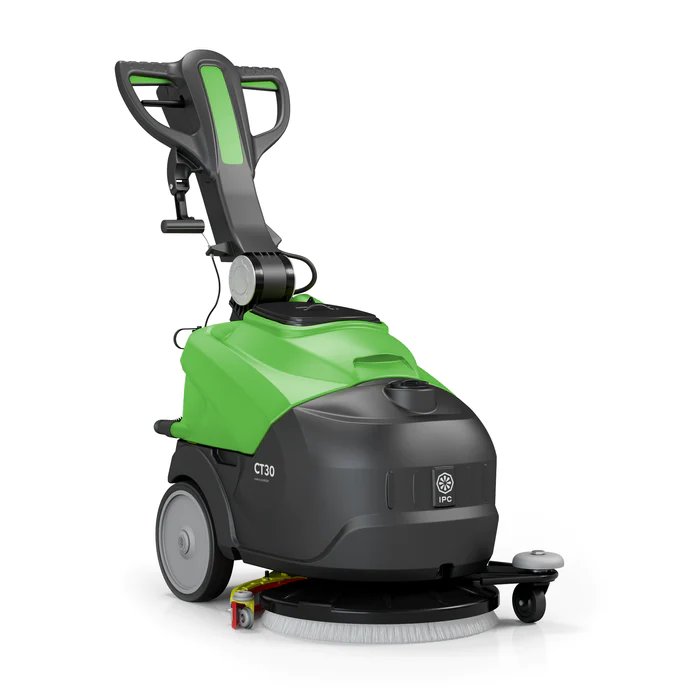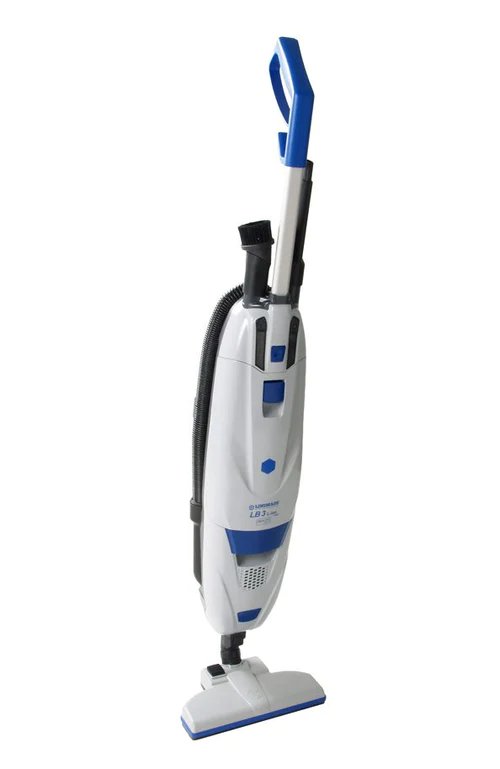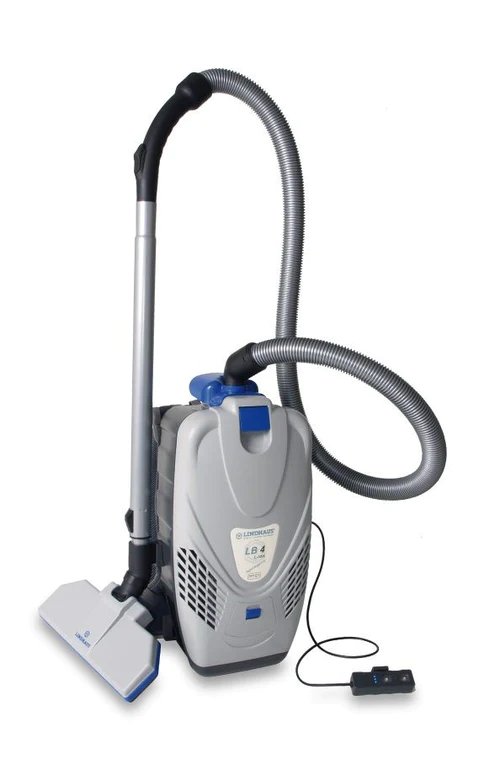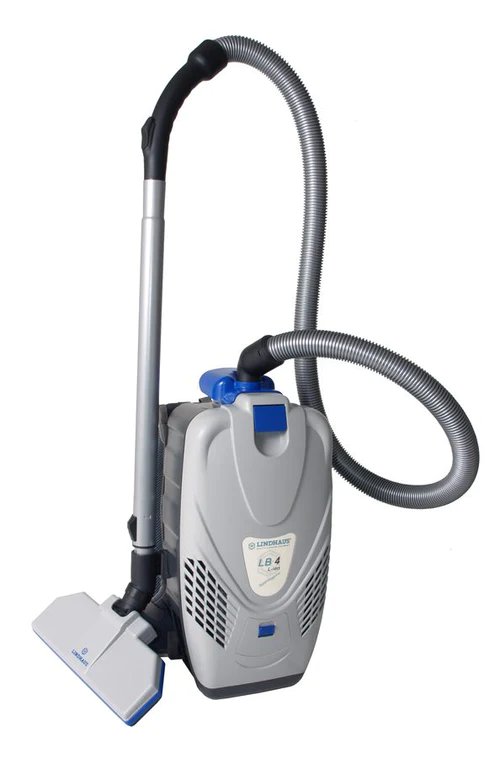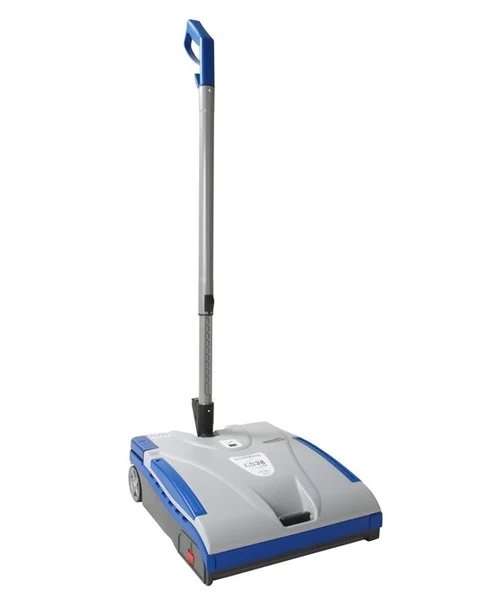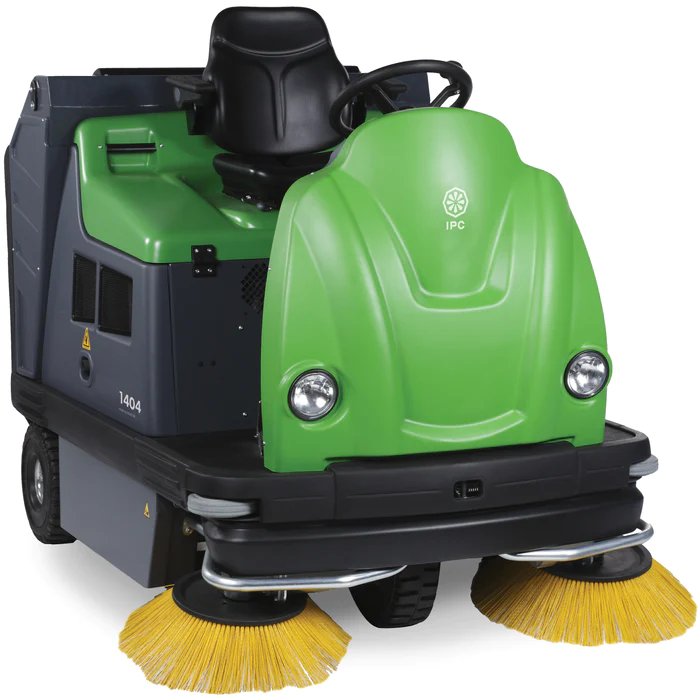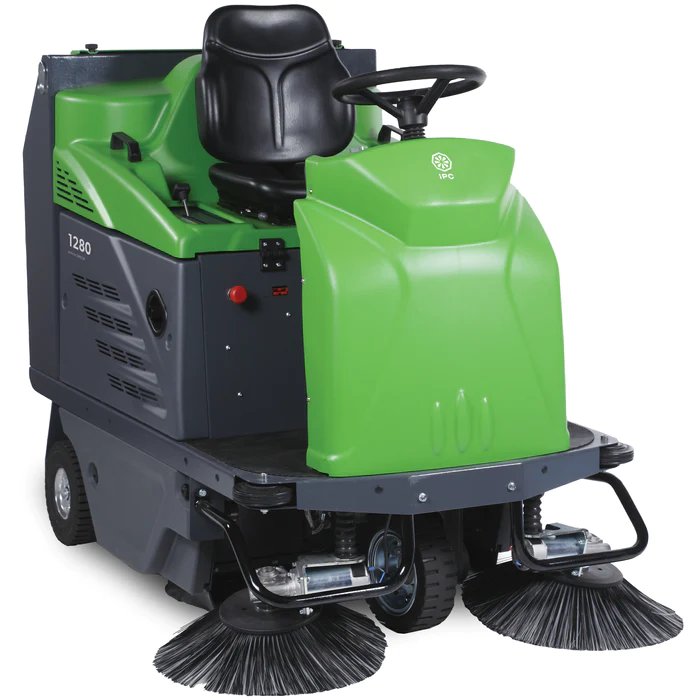
15.12.23
The right care for natural stone floors in winter
In office buildings or hotel lobbies, for example, shoes bring in moisture and road salt. Natural floors in particular require protection and care in this situation. What needs to be taken into account to guarantee the value retention, appearance and slip resistance of natural flooring?
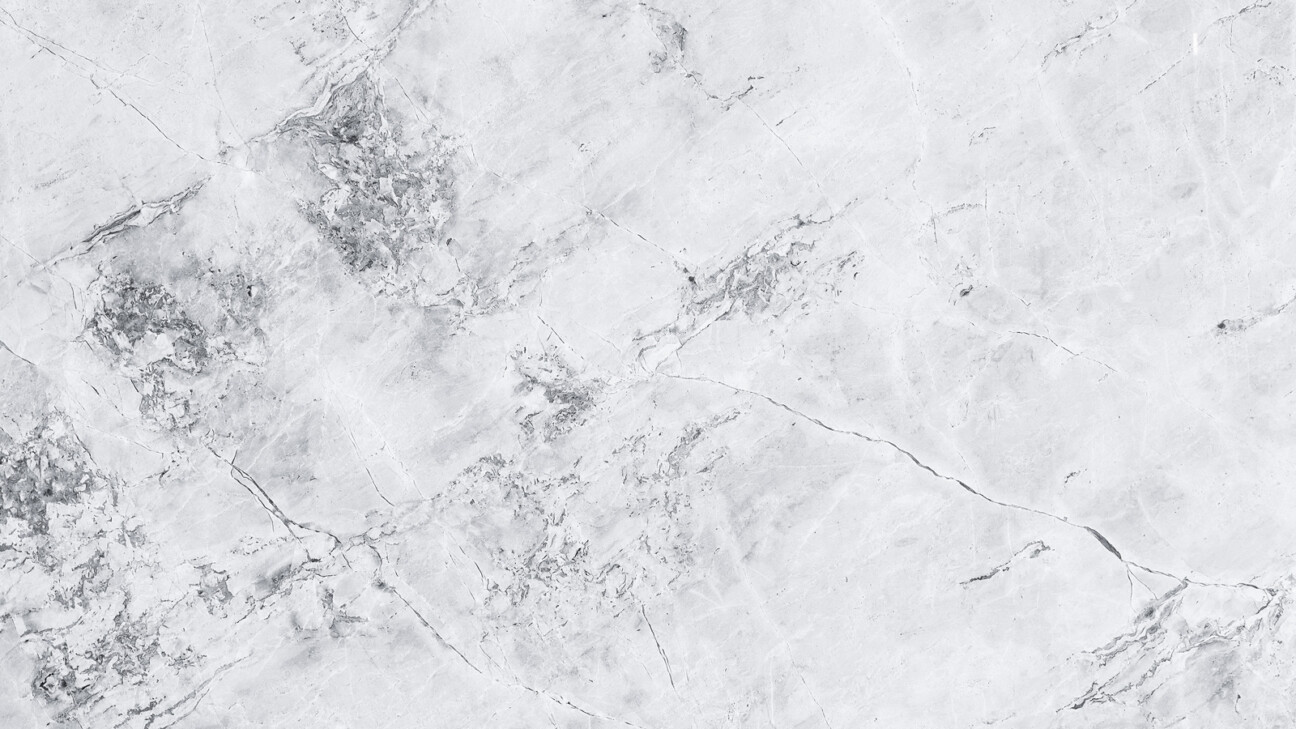
Whether hard or soft – care is advisable before winter
Hard stones (based on quartz and/or feldspar) are used as high-quality floor coverings in polished, shiny form, but also with various roughened surfaces. They are generally very dense, very hard and hard-wearing and mostly have a very high resistance to chemicals. Despite the generally very good resistance to neutral, alkaline and acidic cleaning agents, acidic solutions as well as phosphoric or hydrochloric acid-based cleaners can attack these stones or change their color. In addition, some “granites” (e.g. from China) have come onto the market in recent years which, although they deserve to be called “hard”, do not exhibit the usual resistance, e.g. to acids, of “real” granites. Before using acidic cleaners, it is therefore advisable to carry out a material compatibility test on an inconspicuous area before applying them to the entire surface.
Depending on the type, marble/limestone is used as a floor covering in polished, honed or quarry-rough form. They are relatively soft and therefore susceptible to scratching, and in some cases have a pronounced porosity and associated moisture and dirt absorption. All limestones are sensitive to acids and can be severely damaged by contact with acidic cleaning agents, including salt brought in from the road in winter. Cleaning and protection with neutral and slightly alkaline cleaners is possible. Therefore, in addition to soft stones, hard stones can also be given a little more care in winter. Soap treatment maintains breathability, closes the pores and prevents salt from penetrating deeper and damaging the stone.
Benefits and procedure for the maintenance of natural stone floors
For natural stone, it is important to consider what type of care product should be used. It is possible to use a soft, water-soluble care product with a wiping care product or a waterproof care product with a care dispersion. As a general rule, the use of care dispersions is only recommended in exceptional cases. The best solution is to use soap-based wipe care products, as often recommended by manufacturers. Classic soap cleaners should then be used. These are often referred to as stone soap or precious stone soap in the cleaning and care recommendations of flooring manufacturers.
In the case of natural floors with sanded, rough surfaces or surfaces that have been used for a long time, maintenance with a maintenance dispersion – after prior basic cleaning – can make a noticeable contribution to improving the usage properties. It protects the floor from mechanical stress and makes maintenance cleaning easier. However, the treatment of newly laid, polished, shiny coverings with polymer dispersions is not advisable due to the material properties.
For both types of natural stone flooring, maintenance can be carried out before the winter season without any further preparation if maintenance cleaning is always carried out correctly. However, if the surface is dirty or damaged, it is advisable to carry out a basic cleaning beforehand.
Correct maintenance cleaning is characterized by the fact that there is no obvious soiling and no visible residues of cleaning and care products.
A low-residue cleaner, such as the high-performance cleaner Tanet SR15, is recommended for the maintenance cleaning of hard natural floors. Its good wetting properties ensure easy and thorough removal of dirt and grease, especially from porous stone floors. Soap-based wiping care products are particularly suitable for soft stone coverings.
Basic cleaning is necessary if residues of cleaning or care products have formed as visible layers or crusts or if soiling can no longer be removed by maintenance cleaning. It can often be observed that natural stone coverings have a matt surface after basic cleaning where they previously had a glossy appearance. This has nothing to do with the fact that the surface has been damaged by the basic cleaning, but is due to the fact that a layer of care and dirt has built up over time, which has been polished by use and thus created the shiny appearance. The basic cleaning removes this layer and the actual matt appearance of the stone is revealed again.
Modern universal basic cleaners (such as Linax plus) are suitable for basic and intensive cleaning of natural stone flooring. If a surface already has visible damage, it must be clarified whether this needs to be repaired before further treatment. This includes, for example, chipping or detachment from the surface.
After basic cleaning, consideration must be given to whether the stone should be treated with a wiping care product or a care dispersion. The use of a soap-based wiping care product is ideal. This closes the pores of the stone, but does not inhibit the breathability of the stone. This is particularly advantageous for very porous stones, as it cannot lead to subsequent damage to the stone. The use of resistant care dispersions with a slip-resistant protective film is particularly useful in the case of heavy foot traffic. A high-speed polish increases the durability of the care film layers and protects against rapid resoiling.
Depending on the absorbency of the floor, the use of a soap-based wipe care product is also advisable for cleaning hard stone floor coverings with a rough surface. Occasional polishing improves protection and the visual appearance. The caring cleaner Tawip vioclean, for example, is based on natural coconut oil soap and therefore provides excellent protection against leaching effects.
Source
In cooperation with Tana-Chemie.
